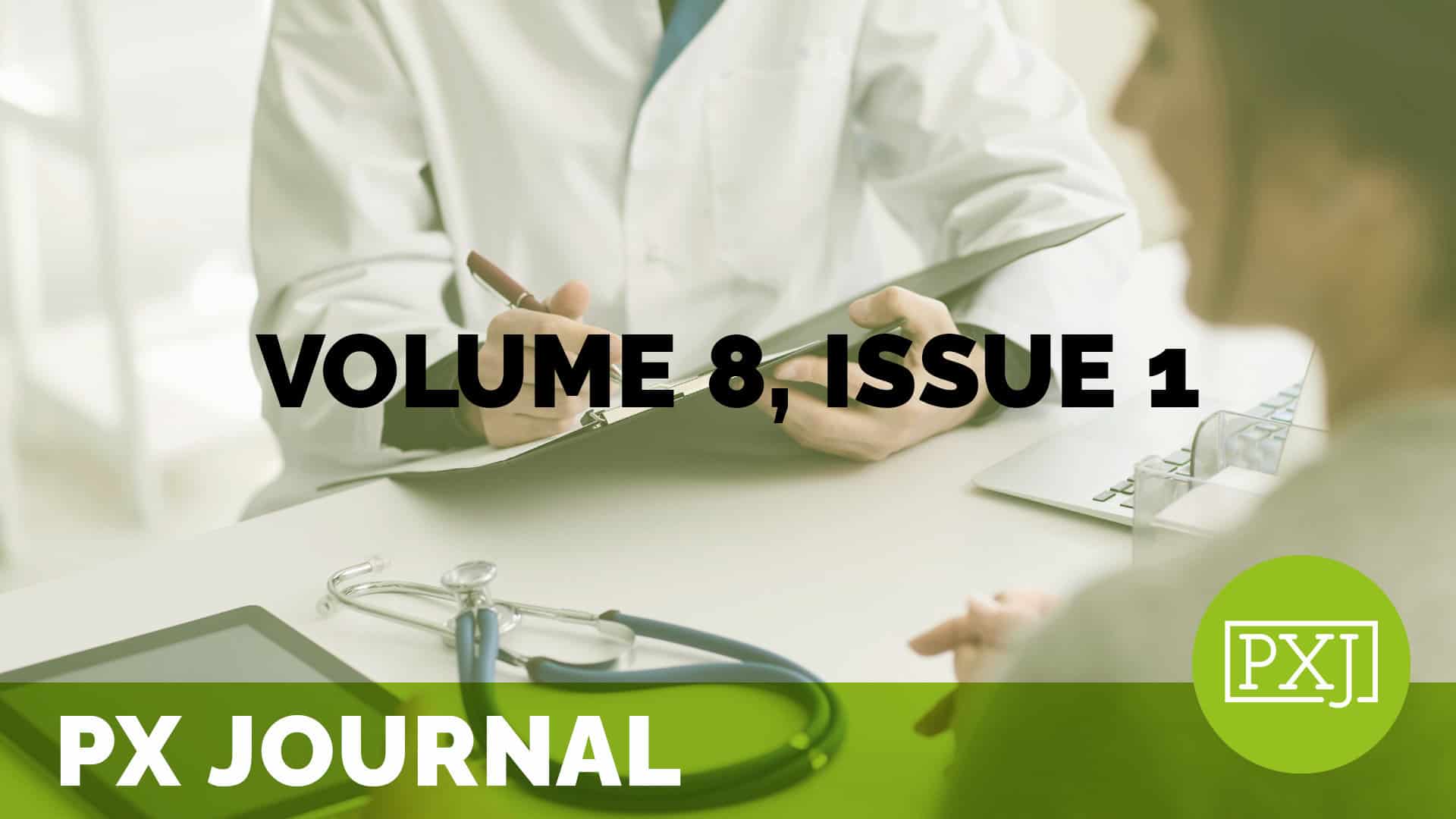Reexamining Defining Patient Experience: The human experience in healthcare

In 2014, the authors came together with the explicit purpose of understanding how people were defining patient experience.1 Our broad review and analysis of the literature led us to a few critical points. One, as our review showed, there was an absence of a commonly used definition around patient experience in healthcare. Two, while consistency in the use of one definition was not revealed, there was great alignment around central components seen as critical to patient experience. Three, we highlighted the recurrence of key concepts from the literature that are also found in the definition offered by The Beryl Institute that include: ‘sum of all interactions,’ ‘the influence of organizational culture,’ ‘patient perceptions,’ and the importance of considering experiences ‘across the continuum of care.’ While this initial inquiry took place seven years ago, we would suggest that these core definitional concepts are no less relevant today and, in fact, may have grown in significance, as those in healthcare have come to better understand the scope and scale of experience. Hence, the purpose of this paper is to assess how the definition has evolved to encompass novel and timely viewpoints that complement the original definition and understand how – and in what ways – the definition has advanced. The definition of patient experience was a significant milestone. It provided simple language for the truly complex nature of what patient experience is and has ultimately served as a foundation for framing the human experience in healthcare. The human experience in healthcare integrates the sum of all interactions, every encounter among patients, families and care partners and the healthcare workforce. It is driven by the culture of healthcare organizations and systems that work tirelessly to support a healthcare ecosystem that operates within the breadth of the care continuum into the communities they serve and the ever-changing environmental landscapes in which they are situated. The human experience in healthcare ultimately is the fruit born from the core of patient experience itself.
Related content
-
 Culture & Leadership | Quality & Clinical Excellence
Culture & Leadership | Quality & Clinical ExcellenceImproving Interpreter Services Documentation for Equitable LEP Care
12pm ET / 11am CT / 10am MT / 9am PT – Patients with Limited English Proficiency (LEP) face significant barriers to accessing quality healthcare, leading to disparities in outcomes. Utilizing qualified medical interpreters is essential for bridging these gaps, yet systematic integration of interpreter services remains a challenge for many healthcare organizations. This webinar
Learn more -
 Culture & Leadership
Culture & LeadershipYCX: How Three Letters Impacted Culture, Engaged Leaders, and Drove Results
By Brent A. Grunig, Communications & Training Consultant, The Southeast Permanente Medical Group The Southeast Permanente Medical Group (TSPMG) named 2023 as the “Year of Care Experience”— or YCX. What started out as an idea for a year-long campaign ended up becoming an overwhelming success using a multi-faceted approach across teams and departments within TSPMG
Learn more -
 Culture & Leadership
Culture & LeadershipContrasting Patients’ and Healthcare Professionals’ Experience in Hematological Cancer Care Pathway : A Narrative Study
Hematological cancers represent 10% of cancers diagnosed in Canada. Treatments involve complex care pathways and various modalities as well as the management and monitoring of multiple side effects. There is limited understanding of these pathways from the perspectives of the people living with cancer (PLC) and the healthcare professional (HCP). The aim of this article
Learn more
